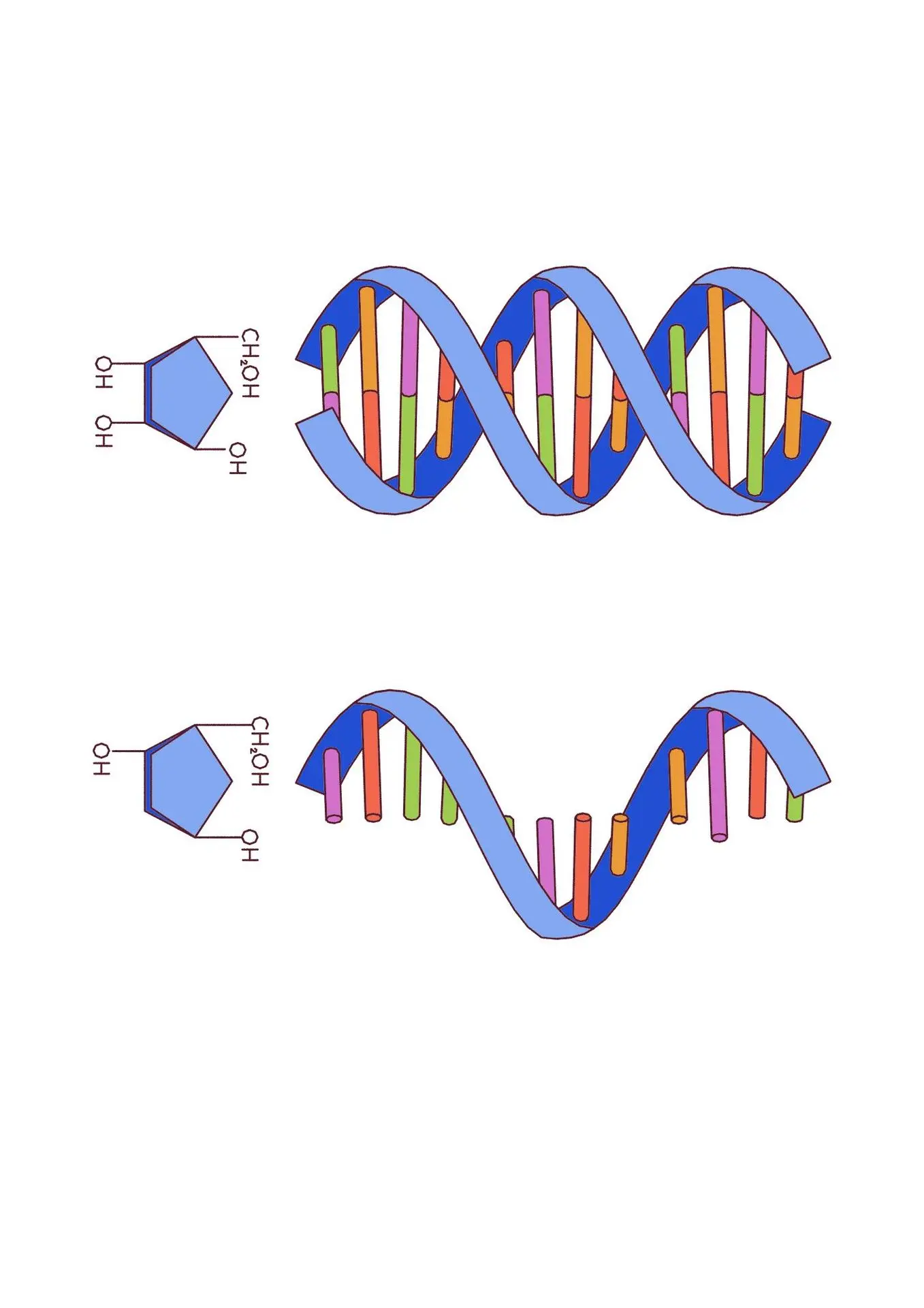
Single-Cell Transfection Technologies for Cell Therapies and Gene Editing
Single-cell transfection technologies represent a critical advancement in the precise delivery of genetic material into individual cells, a capability essential for the progress of cell therapies and gene editing. Unlike traditional bulk transfection methods that target populations of cells indiscriminately, these techniques allow for targeted and controlled manipulation at the single-cell level. This precise control significantly reduces variability in gene delivery outcomes and enables the isolation and expansion of cells that have been successfully modified. Key methods including microinjection, nanoelectroporation, and nanoparticle-mediated delivery have been refined to enhance transfection efficiency while minimizing cytotoxic effects, which is vital for maintaining cell viability and function. Such innovations are instrumental in complex applications such as the engineering of CAR-T cells and the implementation of CRISPR-based gene editing, both of which require high fidelity and specificity to ensure therapeutic safety and efficacy. Despite these advances, significant challenges persist, particularly regarding the scalability of single-cell transfection protocols for large-scale clinical manufacturing and the need to establish standardized procedures that comply with Good Manufacturing Practice (GMP) regulations to guarantee reproducibility and regulatory approval. Addressing these challenges is key to unlocking the full potential of single-cell technologies in personalized medicine.